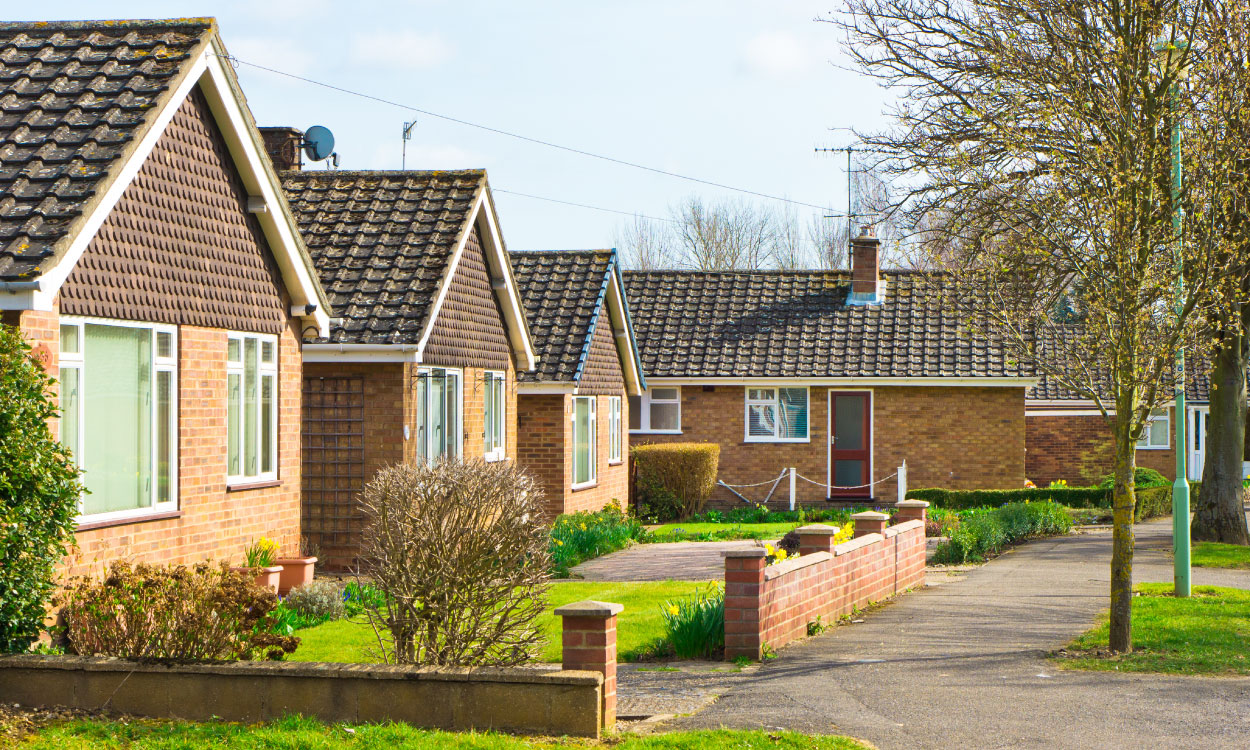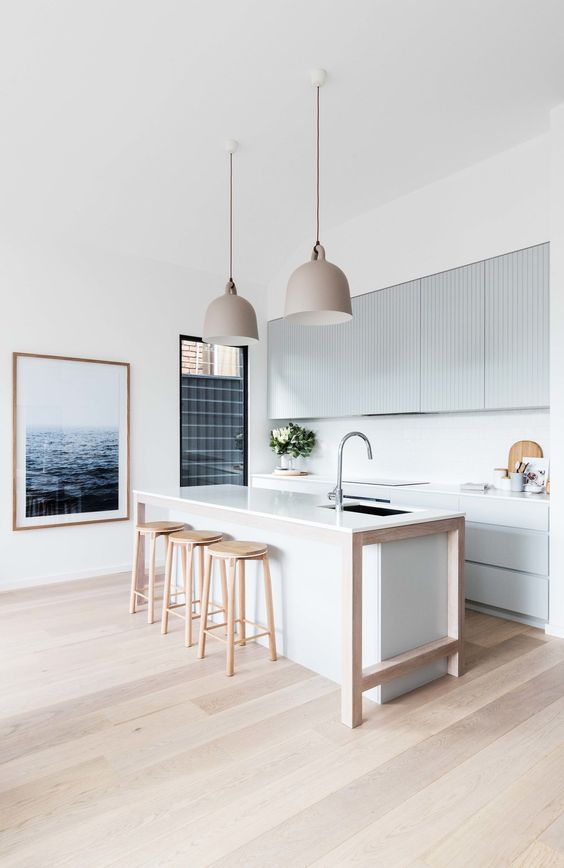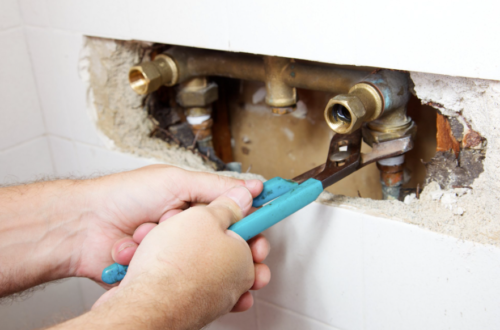The UK is home to a wide range of property types, with people frequently purchasing a variety of different houses.
A bungalow is a popular choice of property that many people in the UK opt for.
In this article, we’ll answer the question ‘what is a bungalow’ as well as outline the different types available.

What is a bungalow?
A bungalow is a type of small house, cottage or cabin that is characterised by its compact appearance, large windows and sometimes wide porches.
Usually, bungalows are only one storey tall and do not have any stairs. On some occasions, there may be a second storey built into a sloped roof but this is rare in the UK.
Originating in the Bengal area of India during Britain’s colonial rule, the first bungalows in the UK arrived in the late 1800s.
Now, they’re a popular choice of property, especially for elderly people who may struggle with mobility or single people who do not require as much space.
Why is a bungalow called a bungalow?
As mentioned above, bungalows were created in Benegal, India during British rule in the 17th century. They were typically used as casual accommodation for ambassadors, travellers and high-profile visitors.
Following this, they were then brought to the UK in the 1800s, with the first bungalow being built in the country in 1869.
The reason that a bungalow is called a bungalow goes back to these colonial times. Deriving from a Hindi word meaning ‘a house in Bengali style’, the name bungalow stuck and has been used ever since.
This property type has since extended around the world, and bungalows can be purchased across Europe and the USA.
What is a chalet bungalow?
It’s rare for a bungalow to have more than one storey, but sometimes the interior of a sloped roof may be utilised.
A bungalow that has a second-storey loft in the roof space is known as a chalet bungalow.
This space can be used for a whole host of purposes including as storage space, an extra bedroom or other living areas.
The term bungalow is still suitable as the majority of the living space will still take place over one storey.
What is a dormer bungalow?
A dormer bungalow is very similar to a chalet bungalow.
Also sometimes referred to as a one-and-a-half-storey bungalow, this type of property will also include a room in the roof space.
What distinguishes it from a chalet bungalow is that it will usually incorporate dormer windows on the roof – hence the name.
What are the benefits of a bungalow?
Bungalows offer several benefits, and it’s these advantages that have seen them become a popular housing choice for many people.
These benefits include:
Single-storey living
As most bungalows are single-storey homes, it means they can make day-to-day life much easier for those residing within them. Removing the necessity to navigate stairs makes the property much more convenient for individuals with mobility issues or those who would just prefer not to have stairs in their property.
Accessibility
Going hand in hand with single-storey living is accessibility. Often, bungalows are built with accessibility in mind, making them suitable for people of all ages who may have mobility issues or specific accessibility requirements. In addition to a lack of stairs, they also often include wider doorways, ramps and open-plan floor plans that make it easier to get around.
Privacy
People who live in bungalows often receive greater privacy. This is because there are no upstairs or downstairs neighbours, and they’ll almost always be detached or semi-detached, meaning walls will not be completely shared like with terraced housing.
Safety
Without stairs, the risk of falling and causing injury is reduced. Again, this makes bungalows a better choice for those with mobility issues as well as making them a safer choice for families with younger children or elderly people in the household.
Energy efficiency
Due to their smaller size, bungalows tend to have a lower carbon footprint than properties with multiple floors. This makes them easier to heat and cool, resulting in lower energy bills and even a reduced environmental impact.
Low maintenance
Bungalows tend to have simpler designs and fewer structural elements than other properties, which can make maintenance and repairs much more straightforward and cost-effective.
Age in place
Bungalows also allow people to grow old in them. Many elderly people decide to downsize or sell their home as they get older, opting for a place that’s more practical. This tends to be something like a bungalow, especially if they struggle with stairs. However, if you already live in a bungalow this concern will not be an issue.





